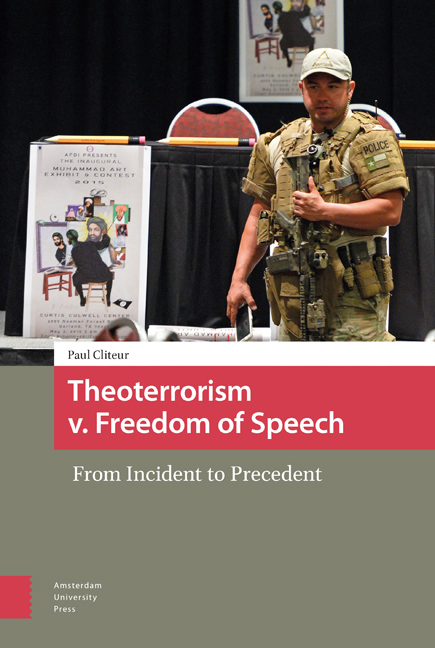Book contents
Preface
Published online by Cambridge University Press: 21 November 2020
Summary
The attacks of September 11th, 2001 were, according to the people who perpetrated these attacks, motivated by their religion or their ideology. The later President Obama (b. 1961), for one, did not believe them. In his speech in Cairo on 4 June 2009, he called those people “violent extremists”. Hillary Clinton (b. 1947) repeated that stance in 2014. During her time as Secretary of State, Clinton said she had done everything to combat “violent extremism”.
This position was in 2014 perhaps more difficult to maintain than in 2009. There were so many self-proclaimed religious groups around claiming to commit their acts in the name of religion. But Clinton remained defiant. The former First Lady also refused calling a spade a spade in one particular case: “Whether you call them ISIS or ISIL, I refuse to call them the Islamic State, because they are neither Islamic [n]or a state”, Clinton said.
The tradition that denies that any relationship between religion and violence can exist, is firmly established nowadays. Is it because religious violence occurred so long ago in the Western world? Have we simply forgotten the religious wars of previous times? “Military fervor on behalf of faith has disappeared. Its only souvenirs are the marble effigies of crusading knights, reposing in the silent crypts of churches on their tombs”, John William Draper (1811-1882) writes in his History of the Conflict between Religion and Science (1874). Writing on the pernicious influence that religion had exerted on scientific progress, Draper thought this belonged to the past. He would have looked with surprise at some recent book titles: God's Century: Resurgent Religion and Global Politics (2011), Is Religion Killing Us? Violence in the Bible and the Koran (2003), Terror in the Mind of God: The Global Rise of Religious Violence (2003), Making War in the Name of God (2007), and God is not Great: How Religion Poisons Everything (2007). That in the twenty-first century the “crusading knights”, or the memory thereof, were a matter of great controversy would have astonished him.
This book is dedicated to the relationship between one of the core principles of liberal democracy, viz. freedom of speech, and one specific form of terrorist violence, viz. violence exerted by Islamist terrorism.
- Type
- Chapter
- Information
- Theoterrorism v. Freedom of SpeechFrom Incident to Precedent, pp. 11 - 20Publisher: Amsterdam University PressPrint publication year: 2019



